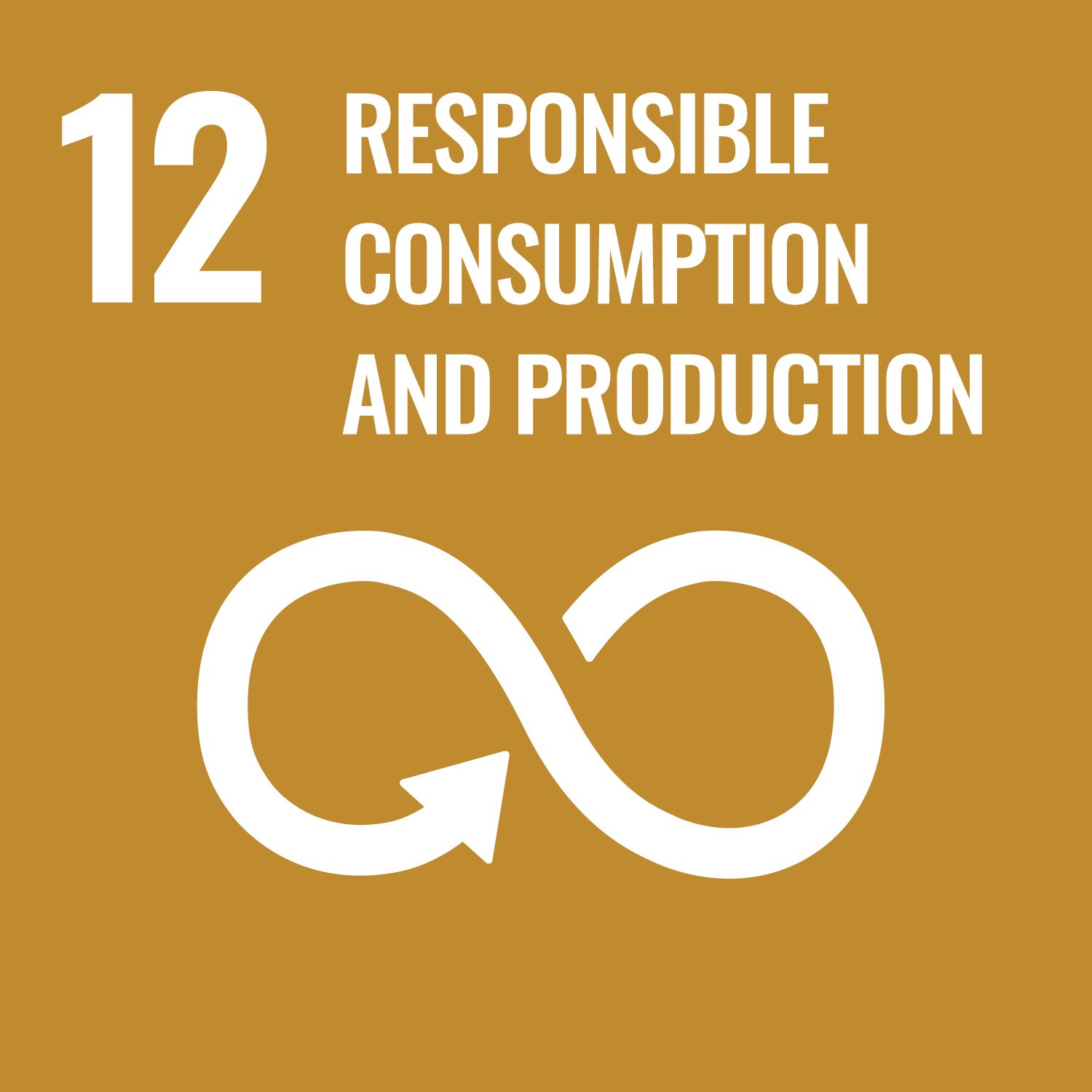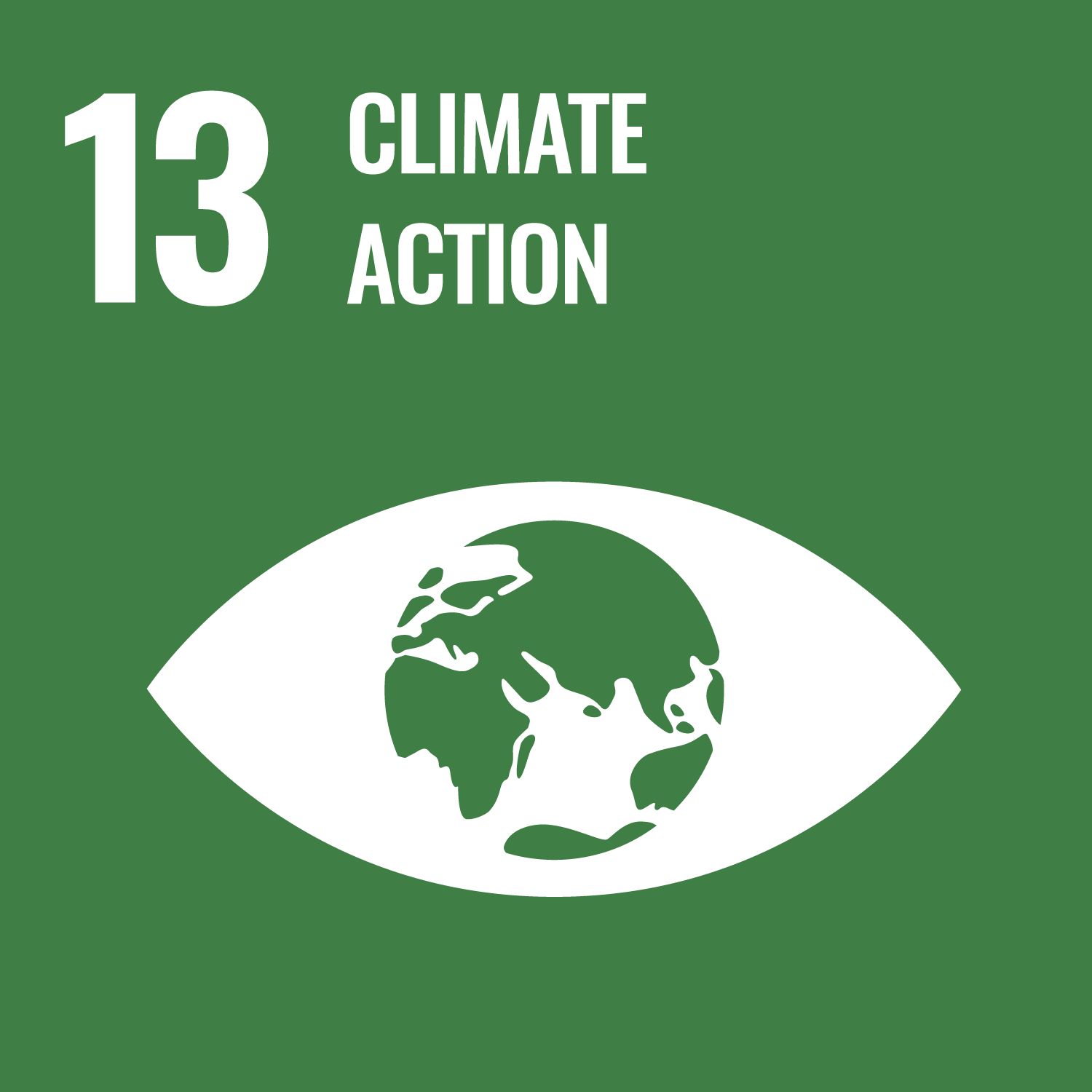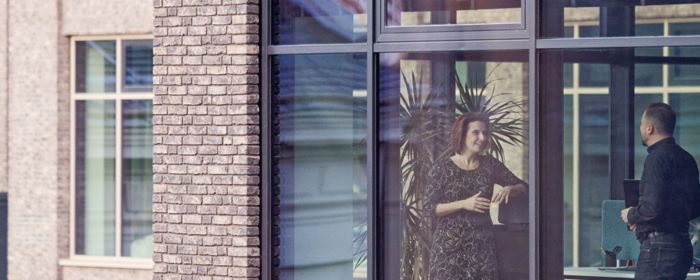GRI 2-24
We place exceptional emphasis on the quality and reliability of the services we provide to our clients. The same criteria are transferred to our suppliers. We buy responsibly and incorporate elements of responsibility and sustainability into our daily operations. We demand a responsible approach from our suppliers and involve non-profit organisations and social enterprises in our supply chain. We work with circular economy principles and show employees how they can practice sustainability in their own homes.
We are a demanding and socially responsible customer
GRI 308-1 | 414-1
We follow a defined tender process when dealing with significant and strategic suppliers. Our main selection criteria are the quality of the goods and services, the supplier’s reliability, stability, reputation, and stance on social responsibility, as well as the price and terms of delivery. As we are a provider of audit services, a significant criterion when choosing a supplier is their independence.
We have introduced a Suppliers’ Code of Ethics for KPMG in the Czech Republic, which we integrate into all our supplier contracts. This code of ethics binds our suppliers to the adherence to all legal regulations, human rights and ethics, as well as to the protection of the environment.
KPMG tries to buy as much as possible from domestic companies and entrepreneurs. It regularly purchases goods and services from social enterprises.
We reduce our carbon footprint
GRI 3-3 | 302-1 | 302-2 | 302-4
We perceive climate risks and consequences of climate change and their threats. We are well aware of the impact our activities have on the environment. We therefore monitor our carbon footprint on a regular basis and aim to continuously lower the negative impact of our activities on the environment. Since 2010, we have been the member of KPMG’s Global Initiative that monitors all environmental impact and activities that serve to lower the carbon footprint. Between 2016 and 2020, we managed to reduce total emissions by more than 40 percent. In 2021, we saw a further significant decline in our overall emissions. Measures related to the Covid-19 epidemic contributed to this, as well as our efforts. However, 2022 showed that we are also succeeding in reducing emissions compared to pre-Covid years.
We have subscribed to KPMG’s global commitments:
- We want to achieve carbon neutrality by 2030.
- We will reduce our CO2 emissions by 50% compared to fiscal year 2019.
The COVID-19 epidemic has shown us that it is possible to work in a different way than we are used to and that in many ways it can be more effective. We are trying to preserve our newly acquired experiences and habits (e.g., video calls or travel limitations) to the maximum extent that our service quality management will allow.
Our carbon footprint was previously measured on a calendar year basis, but during 2021 the reporting period was changed to our fiscal year, i.e., October to September. To have comparable baseline data, emissions were also recalculated retrospectively for 2019 and 2020 and differ from the data reported in previous sustainability reports. In calculating the carbon footprint we use a methodology developed by KPMG International based on the Greenhouse Gas Protocol and Defra Reporting.
Business travel and the consumption of paper and energy have been our main areas of focus due to the nature of our business undertaking.
Circular office
Throughout the year, we show employees the possibilities of a circular economy in the office, as well as in the home. In this way, we try to motivate them to go beyond just reducing excess waste.
- Shared containers allow colleagues to bring their lunch with them to the office without the need for disposable packaging.
- We SWAP! At the Prague headquarters, colleagues have the opportunity to leave clothes they no longer use for others on the swap rack and choose something for themselves in return.
- Instead of disposable cups we use mugs and glasses.
We are a green firm
For some time, we have been involved in REMA system’s Green Company project, which aims to collect old company electrical equipment and batteries. Employees are also getting involved, and thanks to the project we have disposed of 43 kg of small electrical waste in an environmentally friendly way.
To increase the level of environmental protection and to monitor and mitigate potential risks, we introduced an integrated environmental management system in line with standard ISO 14001 in our firm. Every year, we undergo internal and external audits.



